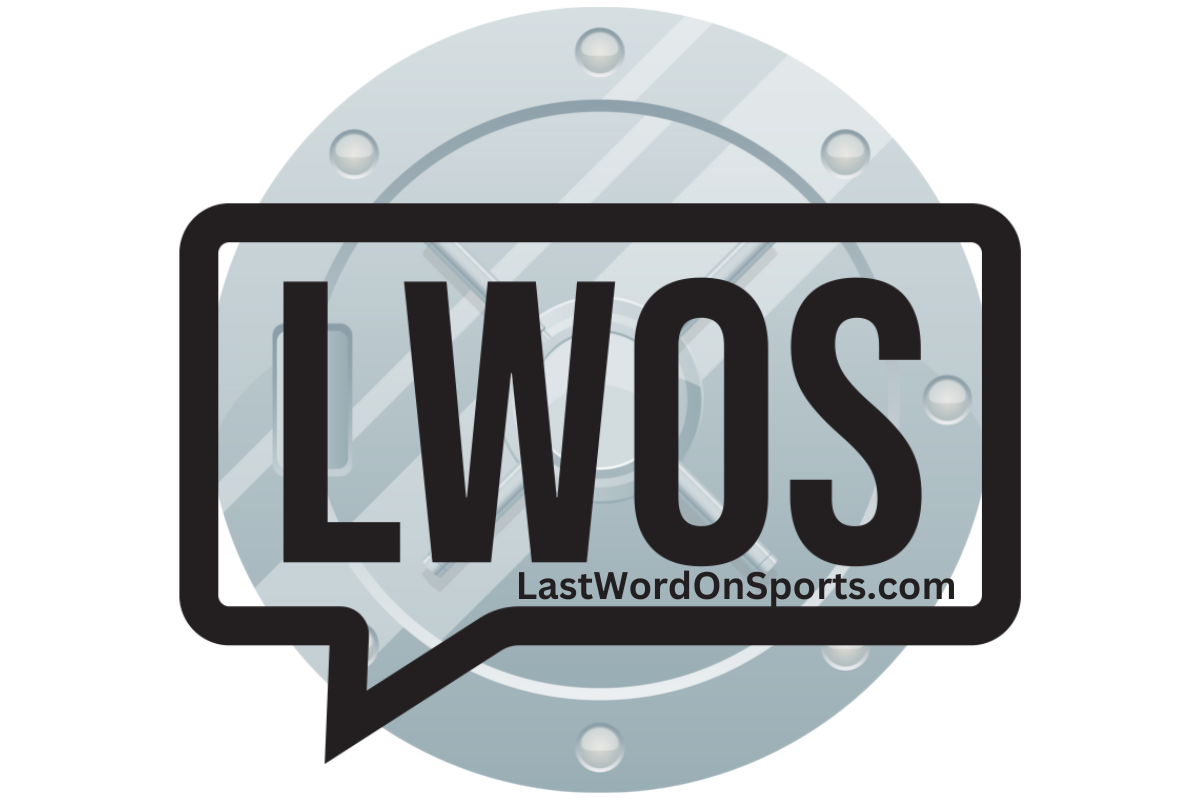Football in the 21st Century is now as much a business as it is a sport. With players traded for millions and clubs bought by billionaires, the balance sheet is now just as important as the team sheet. Since 1990, the world transfer record has risen from £8 million to £86 million; clubs have been in and out of administration, and even moved 80 miles across the country as they weigh up the business consequences of what happens on and off the field. This is the business of football.
Chasing the Dream
The game of football now depends as much on the business side of clubs as much as it does on their performance on the field. Clubs look to increase revenues both through new commercial deals and on the pitch success. With tournaments such as the Premier League and Champions League offering huge television revenues, clubs are paying more and more for players in fees and wages, gambling the outlay against future success.
Unfortunately, when clubs fail to reach their goals it can be disastrous for them as they struggle to meet the costs they have racked up. Leeds United famously suffered in the aftermath of spending too much in the pursuit of the promised land of Champions League football; I have outlined their decade-long struggle to recover from administration in a previous article. Portsmouth have also counted the cost of overspending as the 2008 FA Cup winners became the first club to enter into administration while still in the Premier League, and multiple relegations now see them compete in England’s fourth tier.
Portsmouth’s crisis also highlights a rule within football which allows it to look after its own. The football creditors rule means that, when in administration, football clubs and players are paid in full first and other stakeholders, from HM Revenue and Customs to local shops and businesses, must take whatever ‘penny in the pound’ offer is made to take the club out of administration. HMRC has challenged this rule in both 2004 and 2011; however, it was unsuccessful in proving the rule breached insolvency law.
Show Me the Money
Clubs’ abilities to make money have led to a number of takeovers by foreign owners looking to cash in on the success of Premier League clubs. The Glazer family takeover of Manchester United saw huge debts levied against the club to fund the purchase and, while the club has improved its already impressive commercial arm, the majority of the money has gone on servicing the debt and into the Glazers’ pockets, rather than being reinvested on the pitch. Other clubs that have been taken over include Aston Villa, Arsenal, and Liverpool.
These businessmen have not had it all their own way; as they balance the commercial concerns against investment on the pitch, they must compete with the über rich owners at Manchester City, Paris Saint-German and Chelsea who invest their vast fortunes to win at all costs. UEFA have made moves to correct this imbalance by introducing Financial Fair Play, which is designed to limit clubs spending and prevent clubs’ expenditure exceeding their income.
Clubs are now businesses and as pointed out in part 4, fans are now customers. The commercial concerns of the organisations will be intrinsically linked to the playing side with one affecting what clubs can do on the other. The football authorities must ensure clubs keep within their limits or more clubs will end up in situation like Leeds United or Portsmouth. Financial Fair Play is a start, but it must be effectively enforced or clubs with owners who can absorb the debt will flagrantly break the rules, and others will overreach trying to keep up.
Thank you for reading. Please take a moment to follow my Twitter account –@LWOSRob. Support LWOS by following us on Twitter – @LastWordOnSport – and “liking” our Facebook page.
Feel free to discuss this and other footy related articles with thousands of fans atr/football.
Have you tuned into Last Word On Sports Radio? LWOS is pleased to bring you 24/7 sports radio to your PC, laptop, tablet or smartphone. What are you waiting for? GO!






